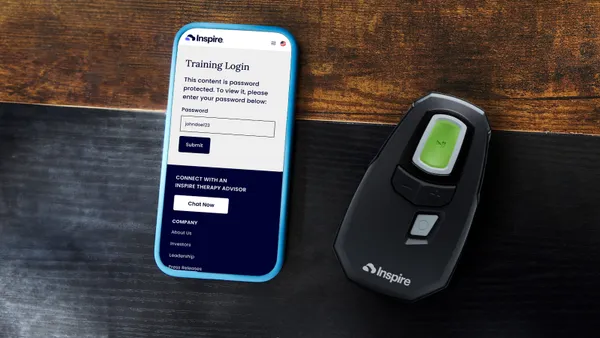Dive Brief:
-
Top-line growth at Baxter has been held back by the ripple-out effects of Hurricane Maria in the third quarter in results the CEO called disappointing.
-
Sales ticked up 2% on a reported basis as Baxter contended with the ongoing effects of the hurricane on purchasing levels and distributor de-stocking of some products.
-
Baxter highlighted the hurricane-related headwinds affecting its medication delivery business three months ago but at that stage expected the situation to improve “in the coming weeks.”
Dive Insight:
Hurricane Maria hit Puerto Rico in September 2017. The following month, Baxter warned that the effect of the hurricane on its three Puerto Rico production facilities would wipe around $70 million off fourth quarter sales. The first quarter brought another $25 million financial hit but by that time, in April, the production plants were back up to speed and no further effects on sales were forecast.
The problem has proved to be more durable than expected. While Baxter has ramped up output at the plants, which make small IV bags for the U.S. market, sales are being suppressed by other market forces unleashed by the hurricane.
“It is now becoming clear that the market dynamics have fundamentally shifted, at least in the near- to mid-term,” Baxter CEO José Almeida said on the quarterly conference call with investors.
In explaining what he called “frankly disappointing” results, Almeida said that healthcare providers started using different processes while Baxter’s Mini-Bags were in short supply. Baxter had hoped the providers would switch back once supply resumed but their new practices have taken root.
The changes resulted in sales at Baxter’s medication delivery unit falling by 4% in the third quarter. That marks a deterioration against both the third quarter of last year and some of the first quarters after the hurricane. Sales at the unit grew by 1% over the first half of 2018.
The importance of medication delivery to Baxter’s business means the decline in sales is significant enough to drag on the performance of the whole company. Medication delivery is the second biggest unit at Baxter and, even in its diminished, post-hurricane state, accounted for almost one-quarter of total sales in the most recent results.
The struggles of the medication delivery unit partly masked positive performance at other divisions. Sales at Baxter’s key renal care business, which makes peritoneal dialysis and hemodialysis products, ticked up 2%. Smaller units that sell advanced surgical devices and continuous renal replacement equipment continued their double-digit growth trajectory.
Growth in those areas mitigated the impact of the medication delivery problems, enabling Baxter to narrow its full-year adjusted EPS forecast to the top end of the previously-predicted range.
Attention will now turn to whether Baxter can turn the situation at its medication delivery division around and, if so, how long it will take. Baxter has tasked its commercial teams with recapturing lost sales. Almeida thinks Baxter can recapture most of the lost sales but warned it may take time.
Shares in Baxter fell 5% in premarket trading.











